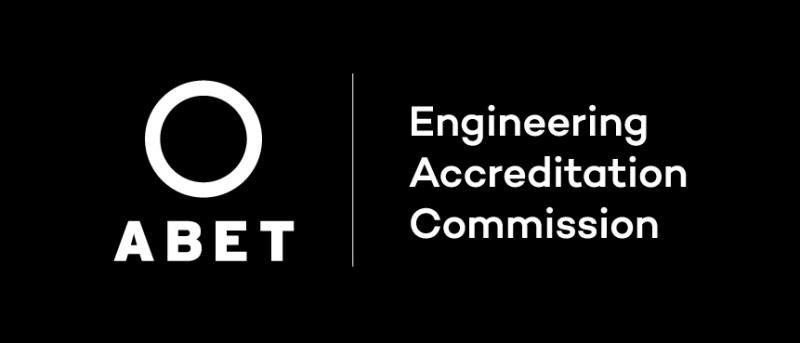Objectives/Outcomes
Biosystems Engineering Undergraduate Program
Michigan State University
The Biosystems Engineering (B.S.) program is accredited by the Engineering Accreditation Commission of ABET, https://www.abet.org, under the General Criteria and Program Criteria for Biological and Similarly Named Engineering Programs
Program Educational Objectives
Graduates of the MSU Biosystems Engineering Undergraduate Program are expected to succeed in diverse careers where they integrate and apply principles of engineering and biology to a wide variety of globally important problems. MSU Biosystems Engineering graduates are expected to attain that success by:
- identifying and solving problems at the interface of biology and engineering, using modern engineering techniques and the systems approach,
- analyzing, designing, and controlling processes and systems that involve critical biological components,
- demonstrating a professional foundation that includes vision, adaptability, creativity, a practical mindset, effective communication skills, continuing professional growth, and ethical conduct, and
- working inclusively and equitably in diverse, cross-disciplinary environments towards sustainable solutions.
Updated and approved by the Biosystems Engineering faculty (June 2022), the Biosystems Engineering Industry Advisory Board (June 2022), and the Biosystems Engineering Student Group (pending fall 2022).
Student Outcomes
Upon completion of the B.S. in Biosystems Engineering, students will have:
|
(1) |
an ability to identify, formulate, and solve complex engineering problems by applying principles of engineering, science, and mathematics |
|
|
(2) |
an ability to apply engineering design to produce solutions that meet specified needs with consideration of public health, safety, and welfare, as well as global, cultural, social, environmental, and economic factors |
|
|
(3) |
an ability to communicate effectively with a range of audiences |
|
|
(4) |
an ability to recognize ethical and professional responsibilities in engineering situations and make informed judgments, which must consider the impact of engineering solutions in global, economic, environmental, and societal contexts |
|
|
(5) |
an ability to function effectively on a team whose members together provide leadership, create a collaborative and inclusive environment, establish goals, plan tasks, and meet objectives |
|
|
(6) |
an ability to develop and conduct appropriate experimentation, analyze and interpret data, and use engineering judgment to draw conclusions |
|
|
(7) |
an ability to acquire and apply new knowledge as needed, using appropriate learning strategies |
|
|
(8) |
an ability to understand the interface between biology and engineering |
|
|
(9) |
an ability to apply systems concepts and develop models |
Enrollment and Degree Data
See College of Engineering program and enrollment data for Biosystems Engineering




 Print
Print Email
Email